Interviews
Interview: Scholar And Author Chintan Chandrachud Says Considerable Political Traction Is Necessary To Overturn A Judgment
Chintan Chandrachud is an associate at the London office of Quinn Emanuel Urquhart and Sullivan LLP. He holds a PhD in Law from the University of Cambridge, master’s degrees from Oxford and Yale, and a law degree from the Government Law College, Mumbai.His research has been published in prominent newspapers, journals and books, including The Hindu, Public Law, and The Oxford Handbook of the Indian Constitution. He has undertaken several pro bono litigation projects and was chairperson of the...
Interview: How Courts Use Stereotypes And Myths In Sentencing, Explains Academic & Author, Mrinal Satish
Prof Mrinal Satish is Associate Professor of Law, and Executive Director, Centre for Constitutional Law, Policy, and Governance at the National Law University, Delhi.He is a graduate of Yale Law School and the National Law School of India University, Bengaluru. He holds masters and doctoral degrees in law from Yale Law School. His doctoral dissertation examined sentencing policy and practice with a special focus on rape sentencing in India.He was part of the research team that assisted the...
‘The Legal Burden Of Running Demonetisation Should Vest With Parliament, Not RBI’, Says Namita Wahi, Academic & Legal Expert On Right To Property
Dr. Namita Wahi is a Fellow at the Centre for Policy Research, where she heads the Land Rights Initiative. Namita’s research interests are broadly in the areas of property rights, social and economic rights, and eminent domain or expropriation law. She has written extensively on these issues in various academic journals and edited volumes, as well as newspapers and magazines. Namita has taught courses in these areas at Harvard University, both at the Law School and the Department of Government,...
Decriminalising S.377 Will Not End Homophobia & Transphobia: Interview With Oishik Sircar & Dipika Jain
The Indian Supreme Court referred the curative petitions to reopen its 2013 decision in Suresh Kumar Kaushal v Naz Foundation to a five-Judge Constitution Bench in February this year. With the current chief justice retiring in January next year, and the next chief justice also having a very limited tenure of seven months, there is considerable uncertainty, and anxiety about when the Constitution Bench would be set up, and whether it could answer the principal plea of the petitioners to recognise...
‘Disaster Prevention And Speedy Justice Are Never Election Issues’, Say Neelam And Shekhar, Authors Of ‘Trial By Fire’
The 1997 Uphaar fire tragedy in New Delhi killing 59 patrons of a cinema-hall, was a man-made disaster, from which India has hardly learnt any lessons, either in preventing similar tragedies, or in ensuring appropriate punishment to those found guilty of causing them.Neelam and Shekhar Krishnamoorthy of Association of Victims of Uphaar Tragedy (AVUT) have, in their recent book, ‘Trial By Fire’ [Penguin Random House], lucidly brought out their challenges in pursuing the legal struggle to ensure...
Demonetisation Has Brought The Legal Culpability Of The RBI Under Scrutiny, Says Chirashree Das Gupta, Academic & Author
The ongoing debate on Demonetisation has brought to the fore the interface between political economy and issues of legal significance, which is discernible only to a trained observer. Chirashree Das Gupta is a scholar and Associate Professor at the Centre for the Study of Law and Governance, Jawaharlal Nehru University,who has exhibited a profound interest in the political economy of institutions, and the legal instruments available to a State to keep its control over them. Her recent book is...
“Law Is Not The Monopoly Of Legal Experts Alone”, Say Pratiksha Baxi And Siddharth Narrain, Organisers Of 4th International Lassnet Conference In New Delhi
The inaugural Law and Social Sciences Research Network (LASSnet) Conference was held at the Jawaharlal Nehru University (JNU) in Delhi in 2009. A subsequent conference was held at the Foundation for Liberal and Management Education (FLAME) in Pune in 2010. In 2012, the third LASSNet conference was a collaboration between the Law and Society Trust, Colombo and the Department of Law, University of Peradeniya, Sri Lanka. These conferences identified a number of priorities for the research, study...
Demystifying Indian President’s Powers: Interview With Debtoru Chatterjee, Author Of The Recent Book On Presidential Discretion
DEBTORU CHATTERJEE is a senior civil servant working with the Government of India. Rarely, civil servants find the time and the inclination to research and write on contemporary issues, let alone those which are extremely controversial. Therefore, when Chatterjee decided to research the subject of discretion of the President under the Indian Constitution, and write a book on it, both the academic world and a newspaper reader seeking insights beyond the headlines, stood to benefit from it. The...
The Bhopal Disaster Criminal Case Against The Accused Is At A Glacial Pace, Laments Activist N.D. Jayaprakash
The anniversary of Bhopal gas disaster every year is an occasion to look back, and review what India has learnt so far and can learn even now, from the tragedy. This year is no different, with the passage of 32 years since the disaster. Many observers have described the legal struggle of the survivors as another catastrophe – whether it be the impunity of the Union Carbide Corporation, which owned the pesticide factory in Bhopal whose leak caused the disaster, and its inheritor, Dow Chemicals,...
"Judiciary Is Hampered In Applying Contempt Powers, When It Comes To Government", Says Author And Academic, Nandini Sundar
In her book, ‘The Burning Forest: India’s War in Bastar’, published recently, Nandini Sundar attributed the 2011 Supreme Court’s judgment in Nandini Sundar vs State of Chhattisgarh, going in her favour to the strong sense of the Constitution of one of the justices who delivered the judgment, namely, Justice B.Sudershan Reddy, and to his roots in Andhra Pradesh, which had given him a comprehensive understanding of the Maoist movement.Reading her book, one gets the impression that she was...
“Post-1980s, The Judiciary, Rather Than The Legislature, Has Held Our Nation And The People In Better Stead", Says Author And Academic, Krishna Ananth
Dr. V.Krishna Ananth teaches history at Sikkim University, Gangtok. He did his PhD from the Jawaharlal Nehru University, New Delhi and was associated with The Hindu newspaper in various capacities, reporting and commenting on national politics, until 2003. Alongside he taught at the Asian College of Journalism, Chennai, lecturing on contemporary Indian politics and constitutional history and practiced at the Madras High Court for a brief while. Dr. Ananth continues to contribute to various...
Judiciary Must Defend And Protect Political Freedoms, Says Anupama Roy, Author And Expert On Citizenship Law - [Interview:Part-2]
Q. In your book, there is an interesting discussion about Gandhi’s support to a moral right to rebel and resist an unjust government at the core of the duties of citizenship and Ambedkar’s famous plea in the Constituent Assembly in 1949 to abandon the methods of non-cooperation, civil disobedience and satyagraha. Today, if India is to experience something like the Internal Emergency of 1975-77, what are the options to citizens? Can they claim a right to rebel against a Government, which imposes...



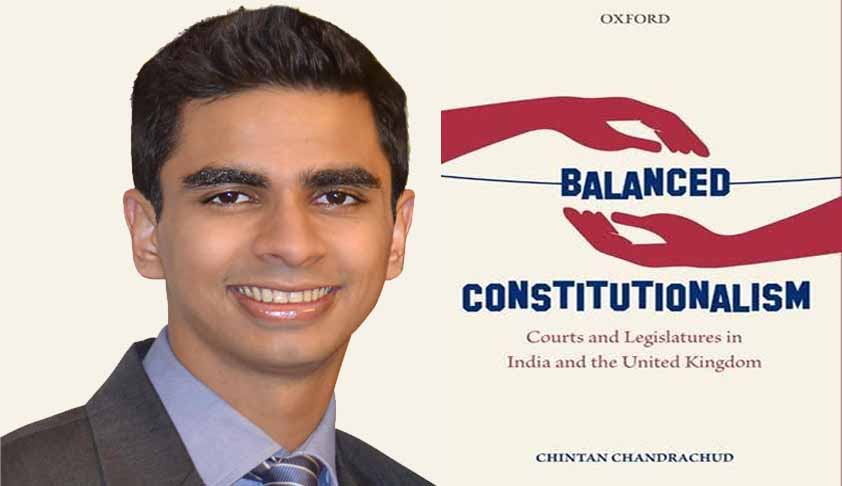
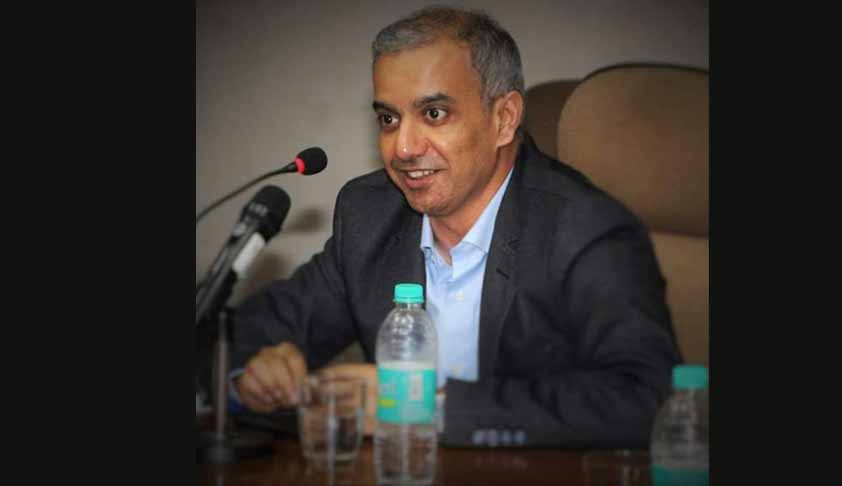
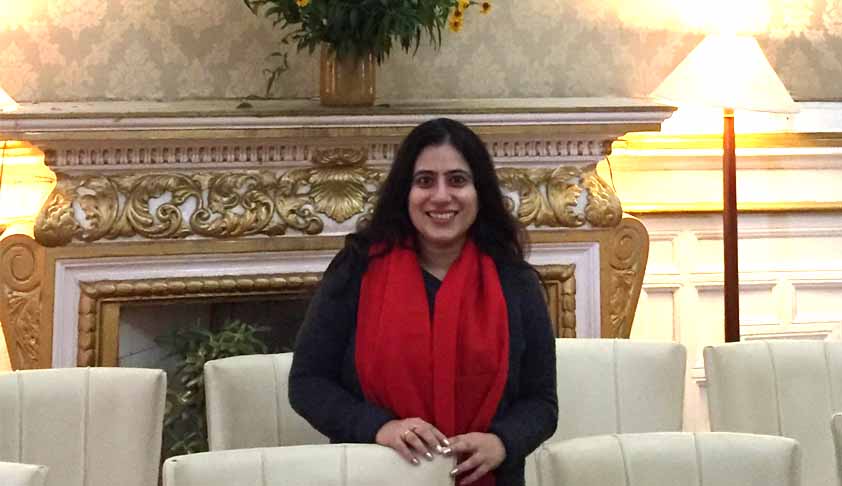
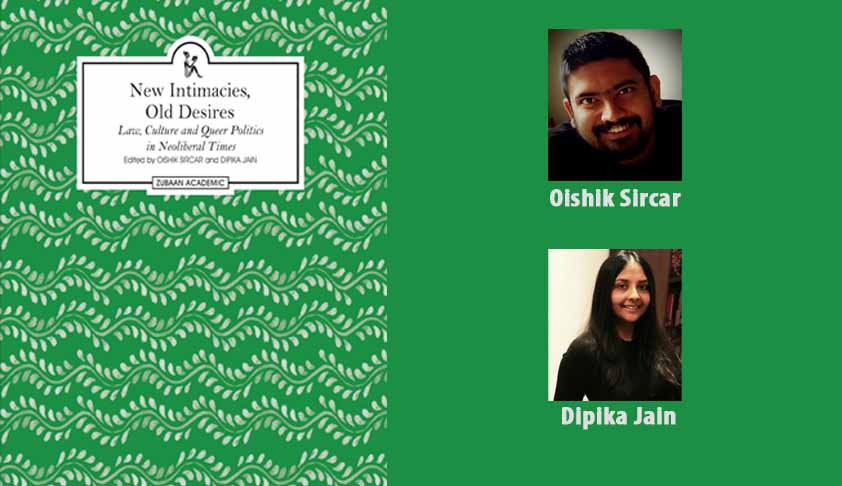
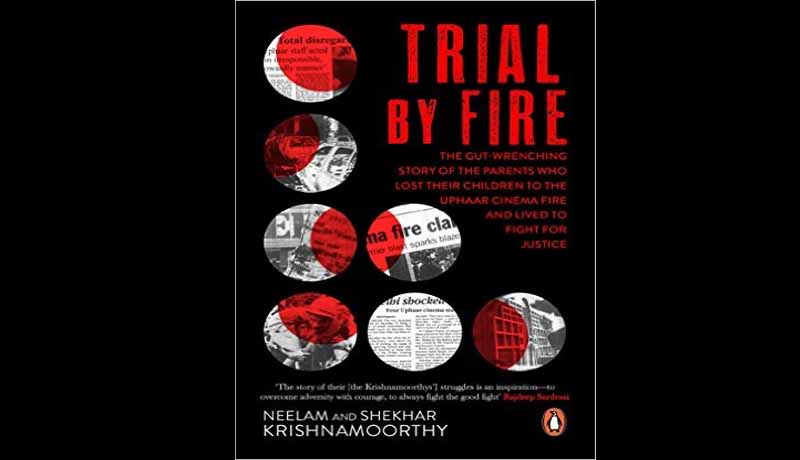
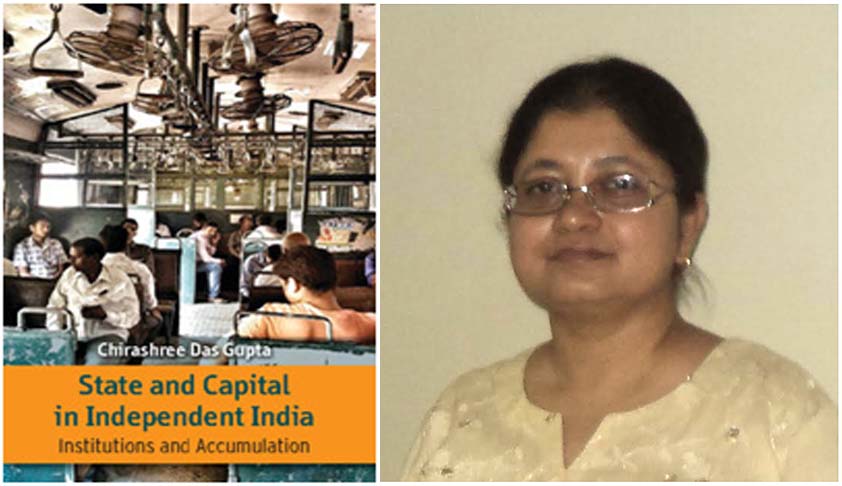
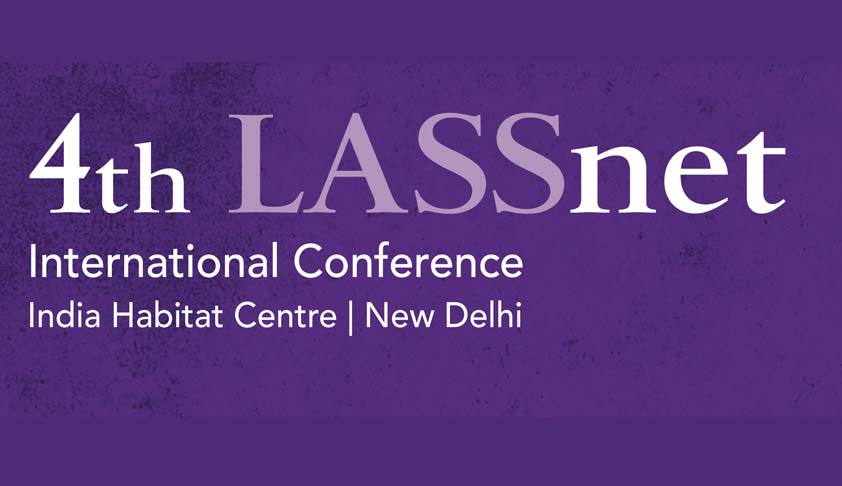
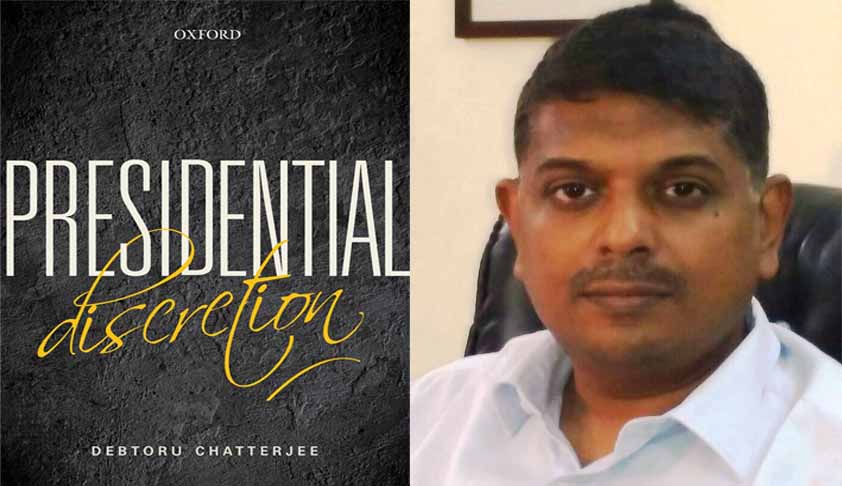
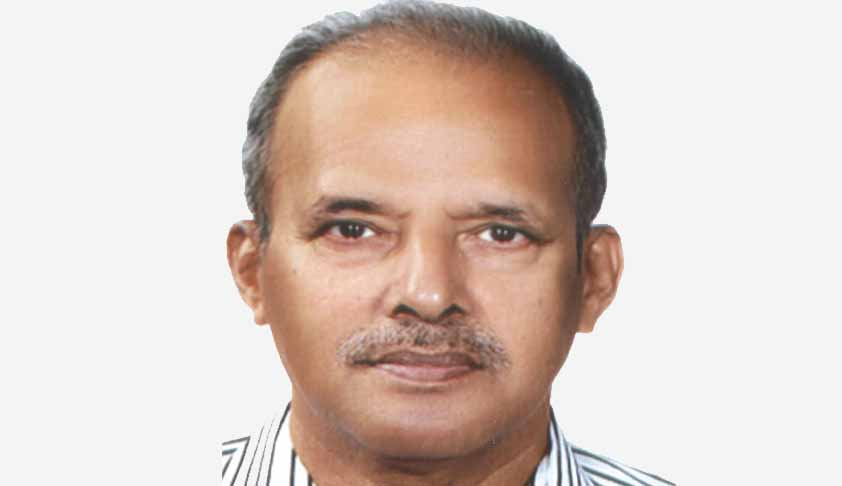
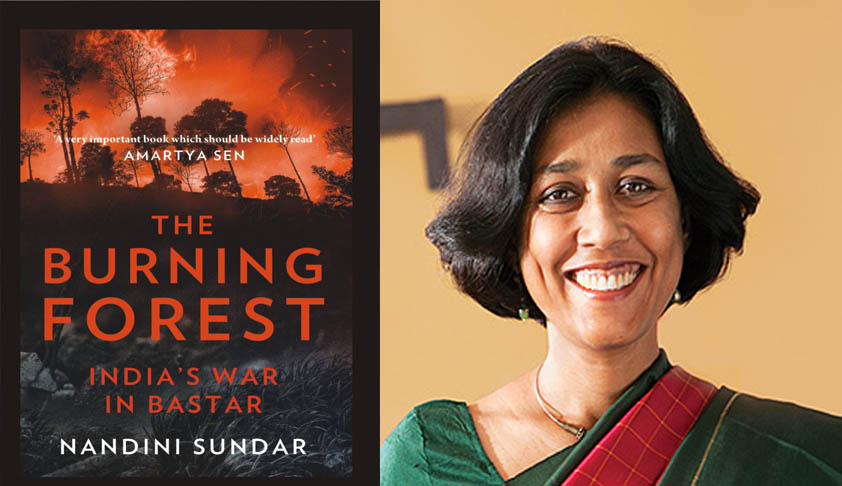
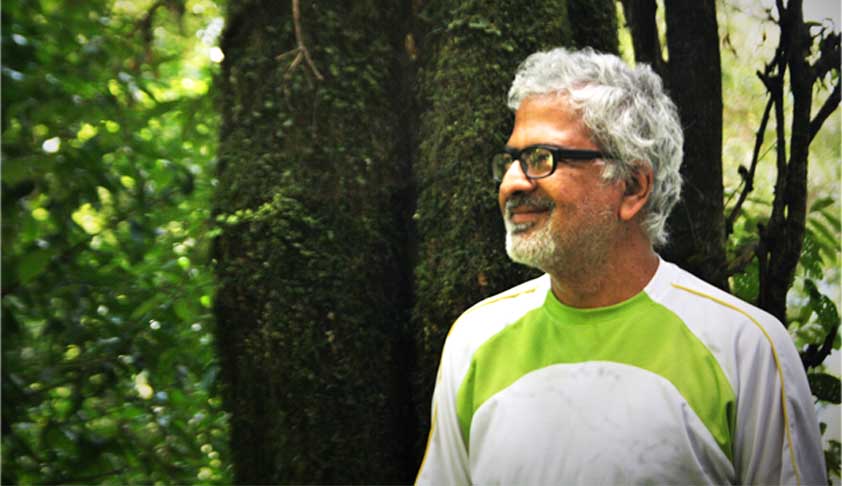
![Judiciary Must Defend And Protect Political Freedoms, Says Anupama Roy, Author And Expert On Citizenship Law - [Interview:Part-2] Judiciary Must Defend And Protect Political Freedoms, Says Anupama Roy, Author And Expert On Citizenship Law - [Interview:Part-2]](https://www.livelaw.in/cms/wp-content/uploads/2016/10/Anupama-Roy-Book-Cover.jpg)